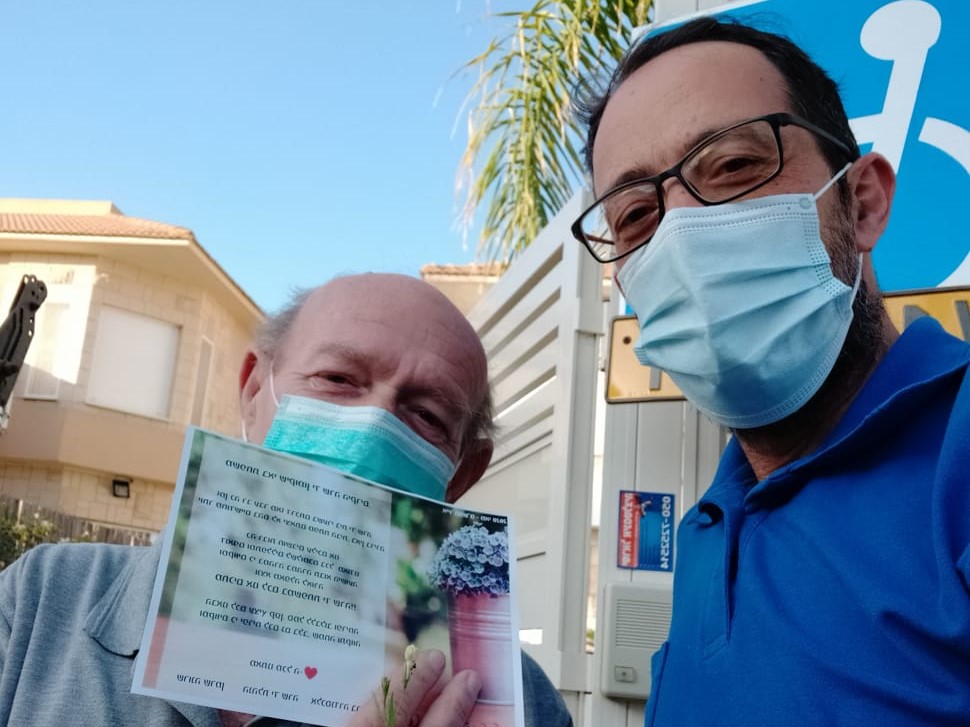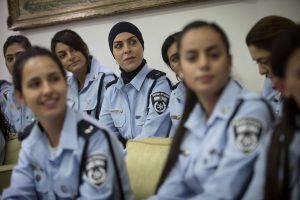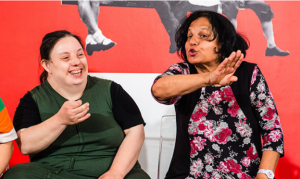Reduced Inequalities


Home » Reduced Inequalities » SDG 10- The Elderly, Still at Home
SDG 10- The Elderly, Still at Home
The vast majority of Israelis have now returned, subject to health regulations, to their post-coronavirus routines: work places, schools, malls, beaches, fitness centers, markets and even eateries. Meanwhile, the elderly watch all this activity from afar with increasing difficulty.
Recognizing the need to alleviate as much as possible the social isolation dictated by the crisis, about two weeks ago the Health Ministry issued new regulations allowing families to reunite with their elderly parents and grandparents still living independently. These require visitors to continue hand-washing, mask-wearing, and generally refraining from physical contact and proximity.
However, citizens defined as “at risk” still cannot enjoy this new-found, albeit limited, freedom with their loved ones. Specifically, anyone over 70, as well as people between 50-69 suffering from at least two listed medical conditions – such as heart disease, high blood pressure, diabetes – must remain at home as much as possible; those over 70 with at least three of the listed medical conditions are expected to remain in complete isolation (aside from their live-in partner/care giver).


The unique plight of the elderly, both those living independently and others in care facilities, has been central in the Israeli public discourse for quite some time now. In this context, back in late April the Social Affairs Ministry decided to provide emergency alert buttons, in coordination with the Yad Sarah volunteer organization, to some 20,000 elderly Israelis aged 75 and over who live by themselves and meet a few additional conditions (special arrangements have been made to also service those who do not meet all the conditions).
In a column published in “Ha’aretz” (in Hebrew) in early May, the outgoing Social Equality Minister presented her outline for an exit strategy focusing on resources, digital fluency, inter-generational contact, medical research, employment, and visits to care facilities. Regarding employment, she emphasized that in addition to the successful effort protecting the rights of those over 67 to return to their jobs (if they so choose), incentives should be offered to work places to create conditions facilitating their continued employment while at the same time minimizing health risks. To date, no such comprehensive exit strategy has been formally adopted.
Care facilities for the elderly have their own set of stipulations that seek to maintain the balance between preserving life and facilitating some family contact. Special focus on the issue began in Israel in mid-April, after infections broke out at several such facilities and took the lives of dozens of residents (fatality numbers have significantly leveled off since then). Particular diligence in this area continues.
Israel’s new government picked up where its predecessor left off, just reopening day centers and clubs for senior citizens; about 30,000 people use the services of the hundreds of centers, which offer activities and meals. As per health guidelines, activities will be restricted to groups of up to five people per room (of at least 20 square meters). Participants will be required to sign a health declaration and have their temperature taken at the entrance; staff will keep track of changes in their health. Also, transportation to the centers will be adapted to health regulations.
Increased flexibility in the near future won’t solve every challenge facing the country’s elderly, for whom the coronavirus crisis is far from over. But creative solutions could help reinforce the patience and resolve they require as the majority of Israel moves on, ensuring the elderly are not left behind.
Related articles


SDG 10- Arab Community Empowerment: from Discourse to Action – Part 1
Reduced Inequalities Read Part 2 As Israel finally moves toward adopting its first budget since 2019, focus is naturally increasing on bolstering societal weaknesses. Our


SDG 10-Equal Opportunity for Arab Israelis – Part 2
Reduced Inequalities Updated: November 2020 Part one of this series on the status of equality for Israel’s Arab community following the 2015 adoption of a


SDG 10- Israel Elwyn: Finding the Ability in Each Disability
Reduced Inequalities Israel Elwyn dreams of a society where people with disabilities will be seen as individuals with abilities and equal rights. Several programs of


















